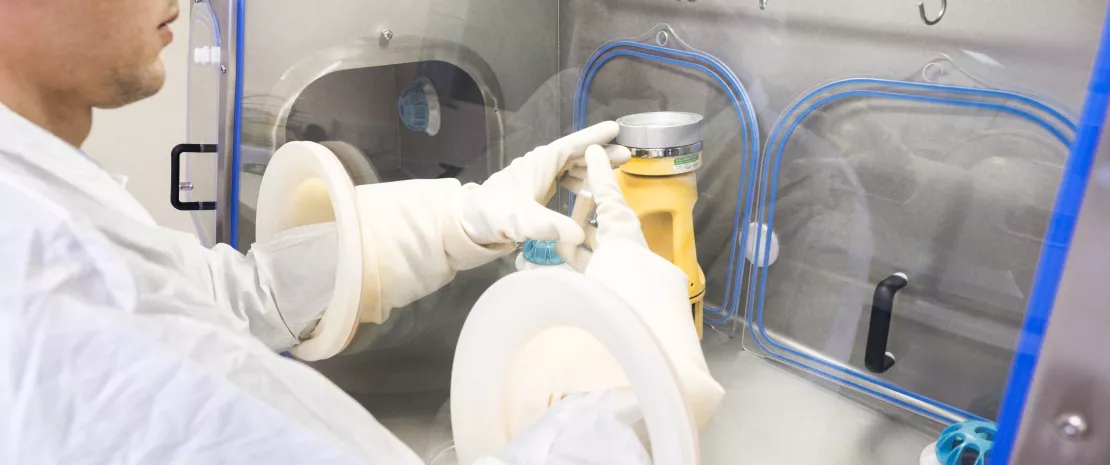Fecal transplant: a solution for ici-induced colitis?
A preliminary trial with two patients showed that an allogeneic fecal microbiota transplant could help resorb refractory immune checkpoint inhibitor-associated colitis. This avenue remains to be explored as the field of immuno-oncology is blossoming.
Lay public section
Find here your dedicated section
Sources
This article is based on scientific information

About this article
The latest therapeutic advances in oncology owe much to immune checkpoint inhibitors (ICI), monoclonal antibodies currently targeting (sidenote: CTLA-4 Cytotoxic T-lymphocyte-associated antigen 4 ) , (sidenote: PD-1 programmed cell death protein 1 ) and (sidenote: PD-L1 Programmed cell death ligand 1 ) . They are much less toxic than chemotherapy, but the first marketed treatments are still associated with immune-mediated adverse reactions, especially refractory colitis. The optimal treatment of these types of disorders has yet to be found. An American team studied the potential benefits of fecal microbiota transplant (FMT). Objective: fight against ICI-induced dysbiosis and promote bacterial mechanisms combating local inflammatory processes.
Promising initial results
The analysis of the bacterial populations before the fecal transplant in the two patients revealed the absence of protective bacteria (from the Bacteroidia and Verrucomicrobiae classes). The first patient was a 50-year old woman treated for chemotherapy-resistant metastatic transitional cell carcinoma and hospitalized for ICI-associated ulcerative colitis. Since colitis symptoms were resistant to standard treatments, she was transplanted, via colonoscopy, a unique stool dose from a healthy donor. Result: progressive and fast disappearance (36 days) of colic symptoms, confirmed by endoscopy. The second patient was a 78-year old man treated with ICI for chemotherapy- and hormonotherapy-resistant prostate cancer. After the onset of immunotherapy-associated colitis that was resistant to all standard treatments, he received two stool doses (separated by a 67-day interval) from the same healthy donor. Clinical symptoms were partially reduced by the first transplant and eliminated by the second, as demonstrated by endoscopy.
Post-transplant evolution
The analysis of fecal samples collected throughout the study showed that gut microbiota populations changed following the transplant. Although diversity remained stable, bacterial abundance temporary increased in both patients and the recipient’s microbiota became more similar to that of the donor in the days following the transplant. Immediately after the FMT, recipients were once again colonized by bacteria from the Bifidobacterium and Blautia genera, known for overriding the toxicity of ICI in a murine model and associated with the decrease of gastrointestinal inflammation. These preliminary results still need to be confirmed; they could be a possible response to therapeutic needs that will keep increasing as the use of ICI becomes more common.









